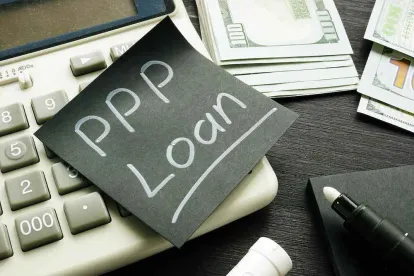The “accommodations and food services” industry was the largest recipient industry of Paycheck Protection Program (PPP) funds. Under the Program, eligible small businesses could apply for low-interest private loans to cover costs associated with keeping their workforce employed, including payroll costs, rent, interest, and utilities. With approximately $799 billion in loans approved under the PPP, the Government is keen to prosecute any inappropriate activity. While the Department of Justice (DOJ) has, so far, mainly focused on criminal cases, civil enforcement is also on the rise. Criminal cases tend to be more cut-and-dry; the rise of civil enforcement means companies who made close calls and used their discretion as to eligibility criteria and use of funds may find themselves under scrutiny.
DOJ is conducting data analytics to identify anomalies in PPP applications, and issuing Civil Investigative Demands under the False Claims Act to examine data anomalies as well as to investigate concerns raised by individuals or competitors who stand to recover a monetary bounty as whistleblowers, should the government recover funds from an applicant due to its alleged or actual violation of PPP requirements. Additionally, the Small Business Association is proactively auditing loans, and has stated that all loans are undergoing an automated review process and any loan of $2 million or more will undergo a manual review.
The False Claims Act imposes treble damages and civil penalties on any person or entity who knowingly (or with reckless disregard or deliberate ignorance) made a false claim or statement that was material to a government payment decision. An entity which incorrectly certified as a small business eligible for PPP funds, or which misspent PPP funds, may find itself under investigation and facing False Claims Act exposure. Importantly, that an entity violated program requirements is not—in itself—a violation of the False Claims Act. Entities who receive demands or requests for information from the Government should consult with experienced outside counsel.




 />i
/>i

